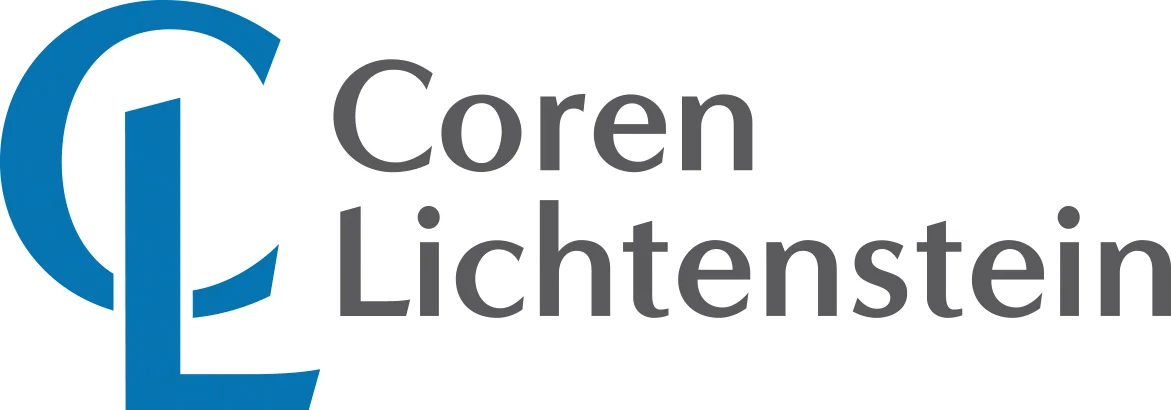The Massachusetts Anti-Bullying law offers additional protections for students with disabilities because they are more susceptible to being “targets” of bullying. The law has two requirements for students with disabilities, both of which must occur simultaneously: (1) there must be school-wide response to prevent the bullying of students with disabilities; and (2) the student’s IEP must develop the individual student’s ability to avoid and respond to bullying.
The school-wide response requirement addresses the procedure that the schools must follow and is set forth in great detail in the article (An Introduction to the Massachusetts Law on Bullying). The second requirement is more specific to students with disabilities and requires schools to develop the student’s IEP to help the student, based on his/her individual disability, avoid and respond to bullying. When a student’s disability makes him or her more vulnerable to bullying, harassment, or teasing, or when the IEP Team’s uation indicates that the student’s disability affects his or her social skills, the law requires that the IEP address the skills and proficiencies needed by the student to avoid and respond to such prohibited behavior. Further, for students on the autism spectrum, the IEP Team must address the skills and proficiencies needed for the student to avoid and respond to bullying, harassment, and teasing.
If a child on an IEP is a victim of this behavior, parents, attorneys, or advocates should request that additional protections be added into the IEP immediately in order to protect the child from further bullying, harassment, or teasing.
